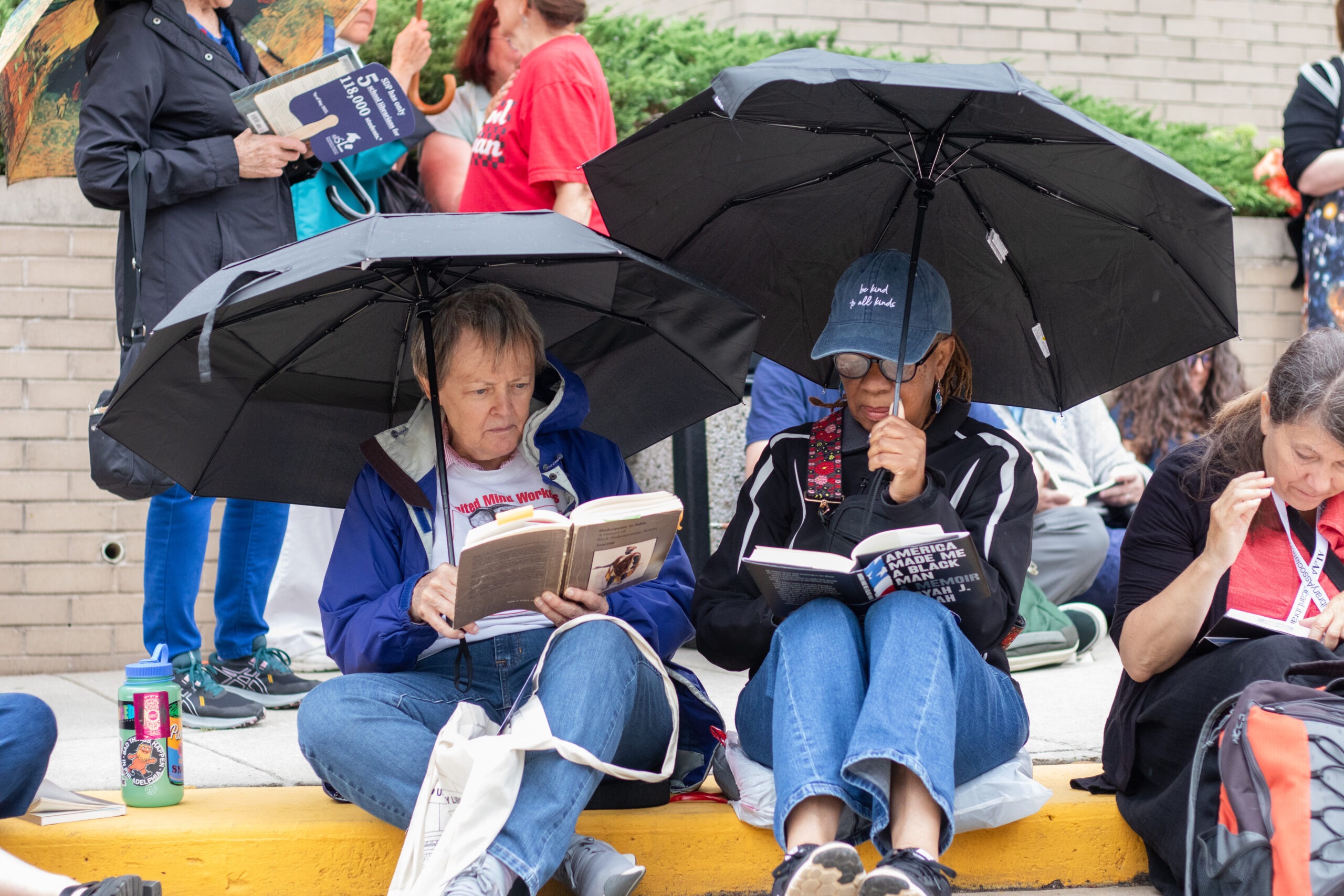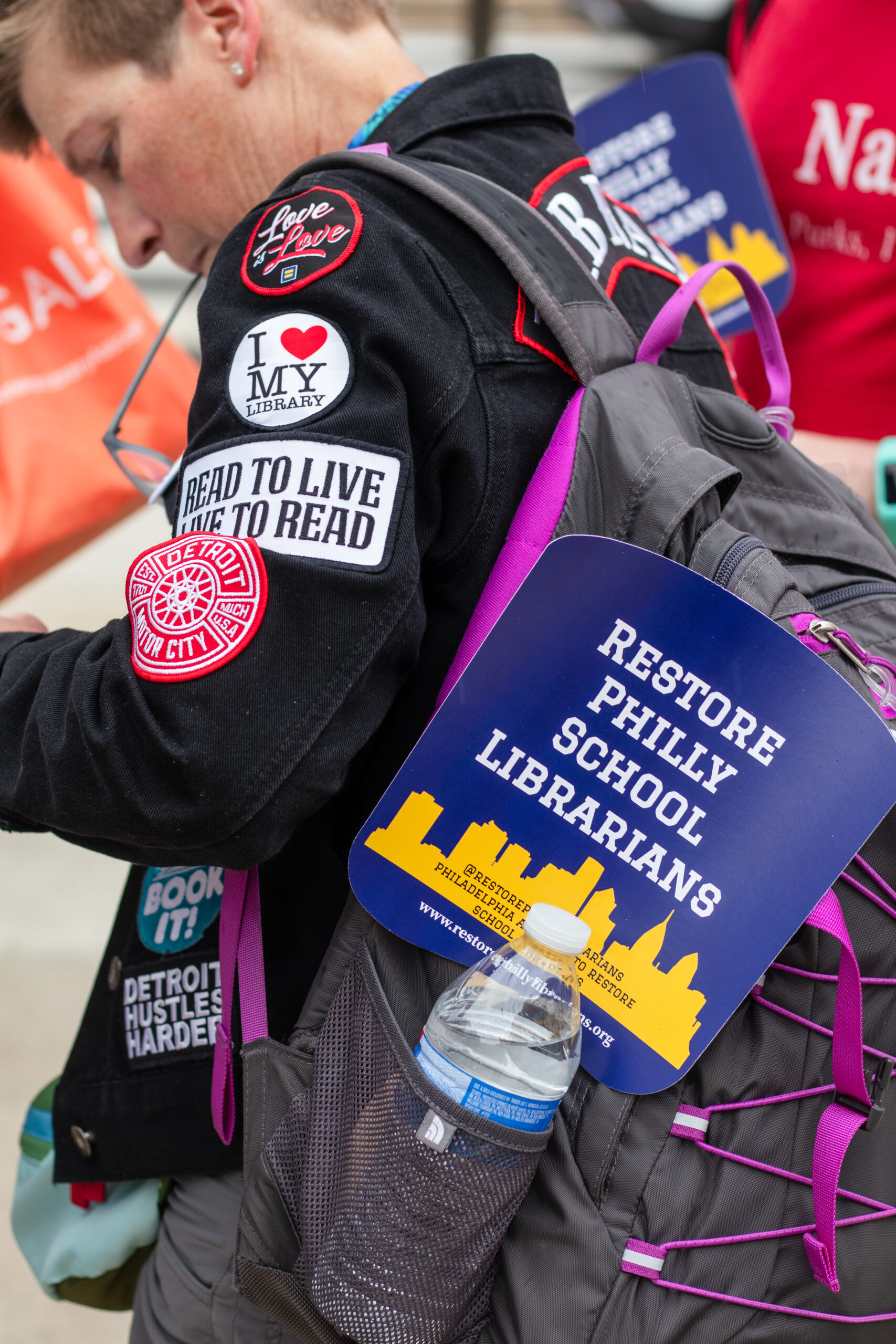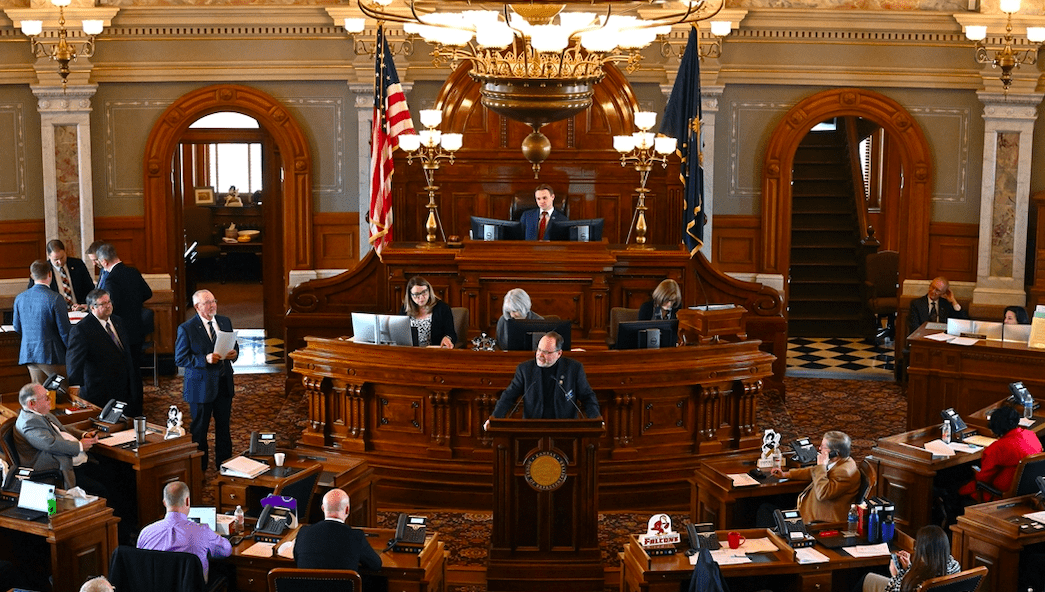John Chrastka
36 Articles
Last 30 days
Last 6 months
Last 12 months
Last 24 months
Specific Dates
From:
To:
From Policy Ask to Public Voice: Five Layers of Writing to Advance School Library Policy
Writing about education policy serves as the backbone infrastructure for an influence campaign.
How Candidate Surveys Help School Library Advocates Shape Education Policy
Candidate surveys, especially to local school board candidates, is an effective way for school library advocates to line up support and understand opposition before an election.
When “Everyday Banning” Becomes the New Normal for School Libraries
PEN's 2025 report shows how systemic book bans have become in K-12 school libraries and also shows a path forward to restore books to the shelves through direct action.
Agenda Setters vs. Agenda Reactors: Defining the Librarian’s Role in Policy
School librarianship, whether we acknowledge it or not, is a special interest. The right to read is a special interest. This may sound uncomfortable at first. After all, we often think of special interests as lobbyists or industry groups, but advocating for the centrality of libraries in education is similar. We are promoting a specific […]
Uncovering Candidates’ School Library Stances: How to Create Surveys that Work
Our colleagues at ACT4SL are hosting “Uncovering Candidates’ School Library Stances: How to Create Surveys that Work”, a virtual event on Tuesday, September 30, from 7:00-8:00 p.m. EDT. As library advocates, we need to know how our state and local candidates are positioning themselves on issues such as library access, literacy, reading, censorship, and more (think […]
36 Messages for 36 Audiences: Tailoring Advocacy Across Political Frames
School library advocates often default to a single message: “This will help kids.” For many audiences, that’s powerful. But not everyone listens through the same lens. What resonates with one policymaker may leave another unmoved. In advocacy, message discipline is not about repeating the same words everywhere. It’s about adapting the message to the audience […]
When to Fight and When to Step Aside: Strategies for Addressing Good and Bad Bills
Not every bill requires the same response. Some demand an all-out campaign, while others are better left alone to unfold without drawing extra attention. The most challenging lesson for advocates is discerning when to fight and when to step aside. Two principles guide this discernment: School librarians often face legislation that undermines their work or […]
Six Types of Legislative Witnesses: Rethinking Testimony and Messaging
When a bill is considered, the testimony and messaging surrounding it can influence whether it progresses or stalls. School librarians often rely on one approach to advocacy: sharing heartfelt stories about how libraries benefit children. While these stories are impactful, they are not the only way to convey their message. In reality, there are at […]
Beyond Talking Points: The Importance of Policy Depth
Much of school library advocacy is built on stories. We share anecdotes about the child who discovered themselves in a book, the family who found a welcoming space, and the teacher who relied on the library for instructional support. These stories are crucial; they form the heart of our profession and inspire many of us […]
ALREADY A SUBSCRIBER? LOG IN
We are currently offering this content for free. Sign up now to activate your personal profile, where you can save articles for future viewing









